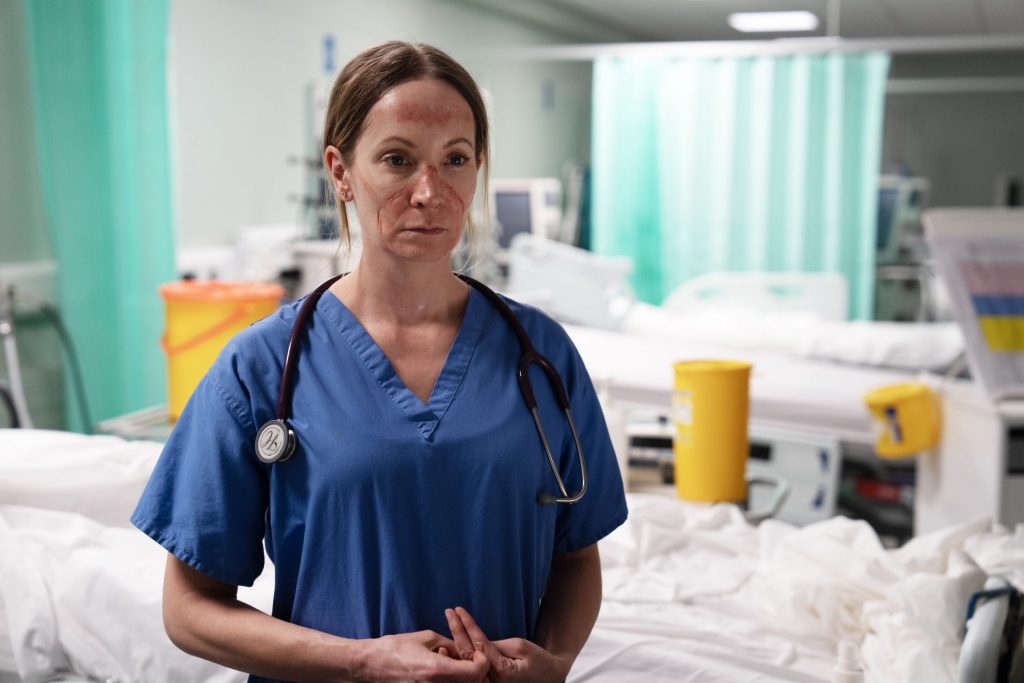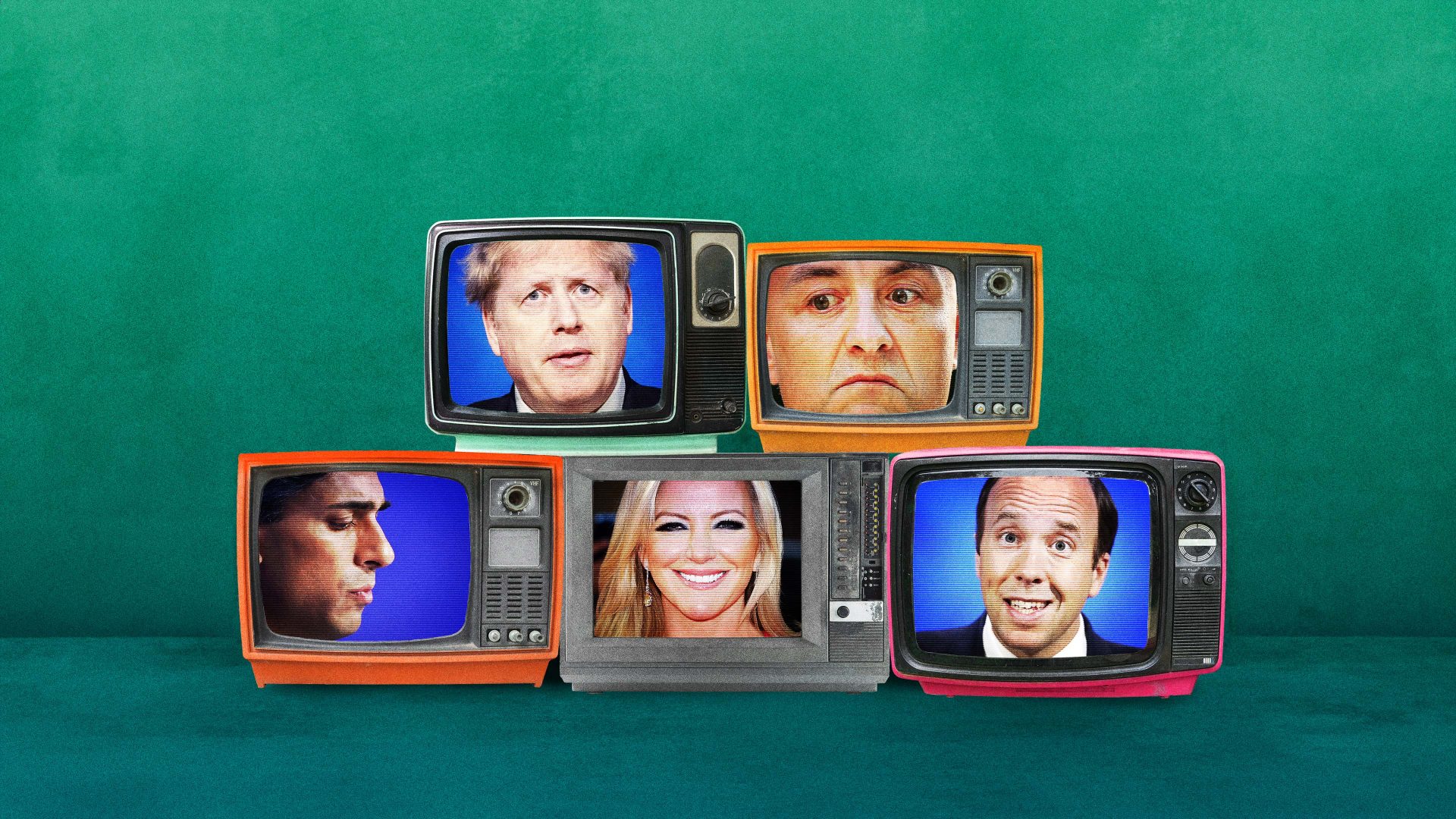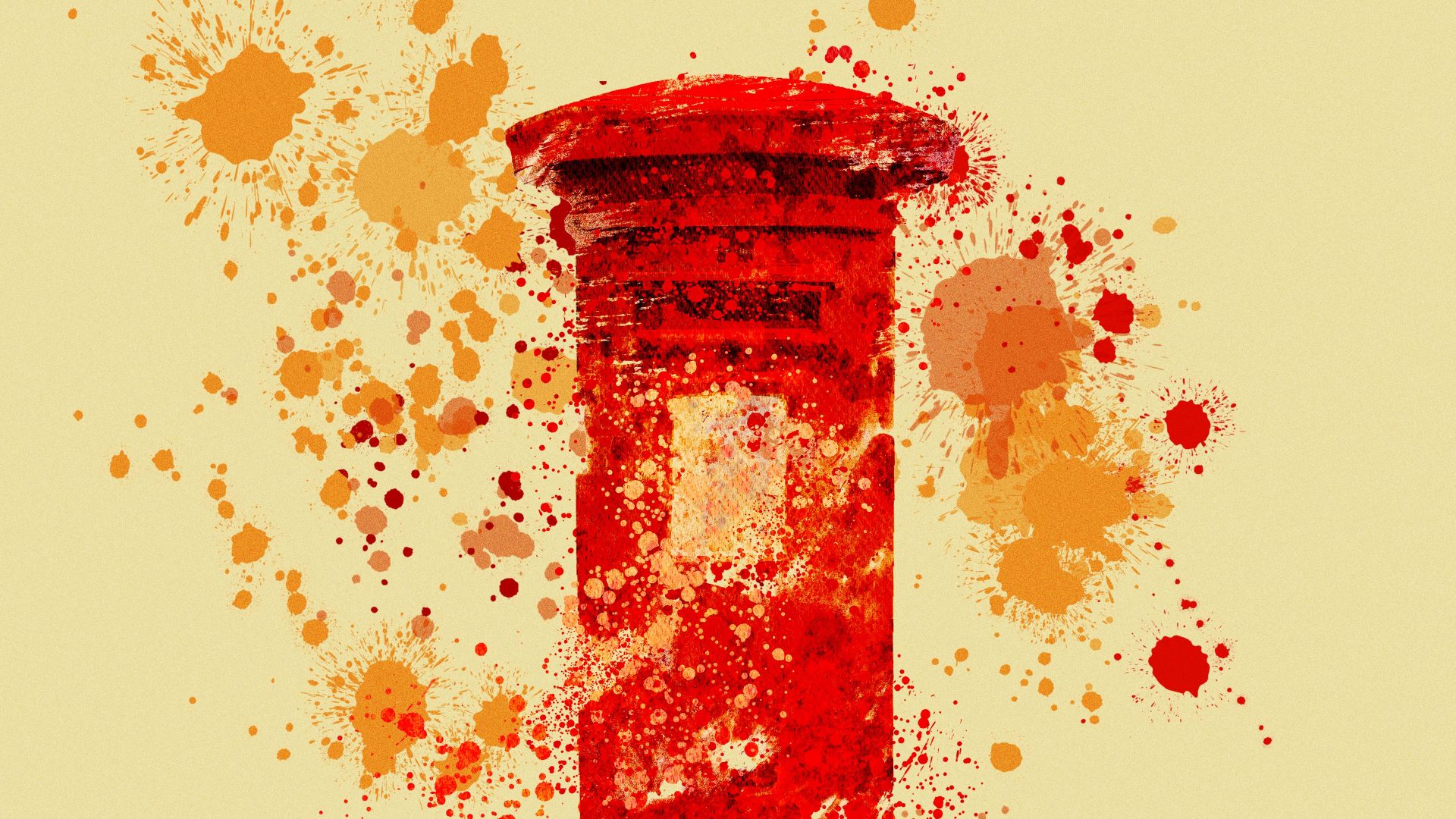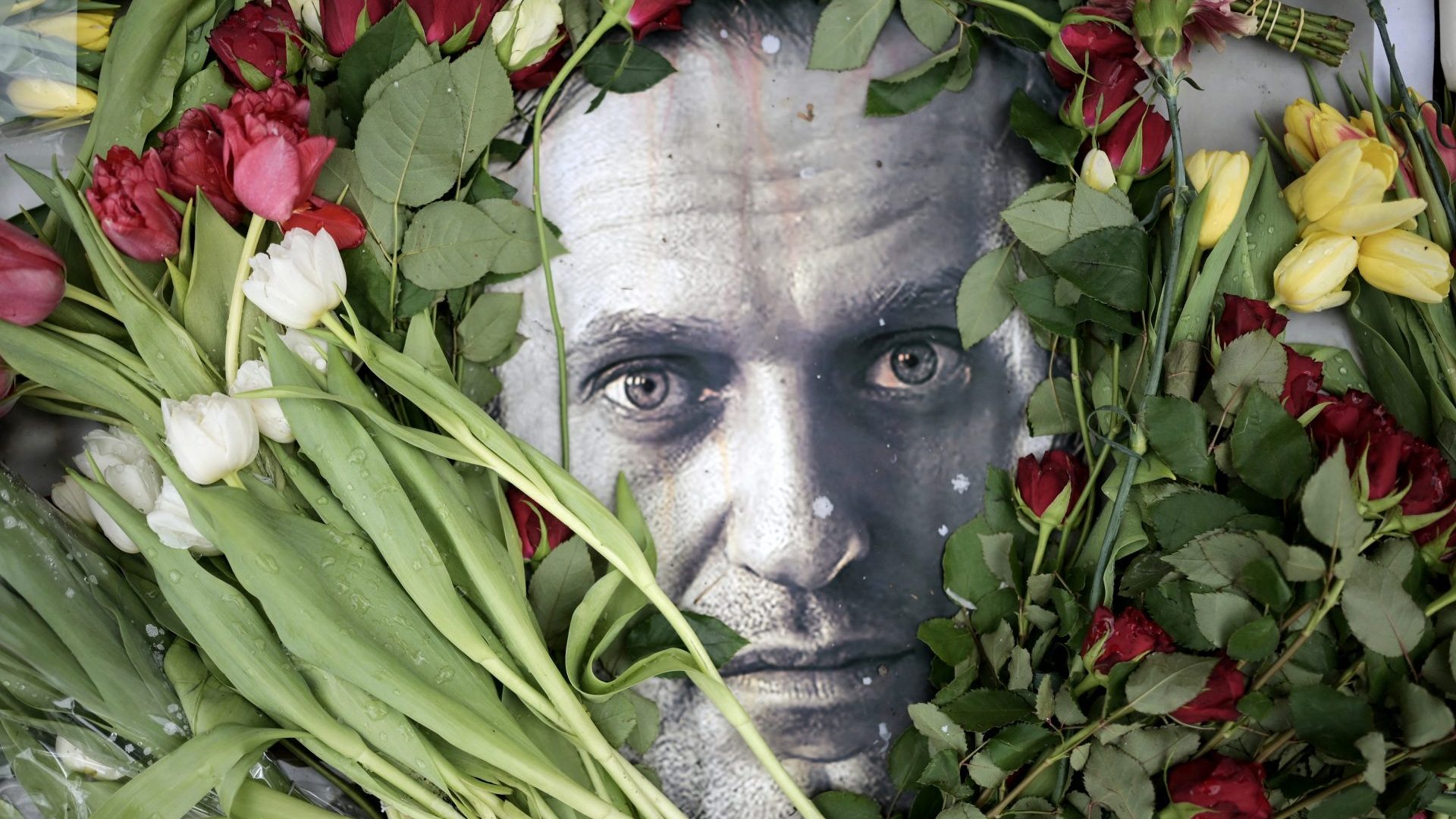According to the great American psychohistorian Robert Jay Lifton, who has spent a lifetime studying horror, trauma and its aftermath: “We humans are meaning-hungry creatures, and survivors are particularly starved for meaning that can help them ‘explain’ their ordeal”.
In his 2023 book Surviving Our Catastrophes, which sets the pandemic in a historic context, Lifton emphasises the role that can be played by the “artistic and literary expressions of the survivor as creator”. This seems to me an apt framing for ITV’s acclaimed three-part drama, Breathtaking, which stars Joanne Froggatt as Abbey Henderson, a consultant doctor at an unnamed hospital struggling to deal with Covid’s merciless spread in 2020.
Based on a memoir of the same name by palliative care specialist Rachel Clarke – who co-wrote the series with Jed Mercurio and Prasanna Puwanarajah, both former doctors – Breathtaking is as gruelling as it is riveting. Even before the first lockdown, Abbey and her colleagues are dealing with the scandalous shortage of PPE, told they can buy their own on Amazon for £300.

As the pathogen tightens its grip, they are forced into unconscionable triage decisions – which life is worth saving, which not? The guidelines set by NHS England instruct them to send elderly, asymptomatic patients back to their care homes without being tested for Covid, with terrible consequences.
By the third episode, disinformation and conspiracy theories are spreading and the mood turns ugly. “It’s all made up! It’s all made up!” yells the relative of a patient. The doctors’ social media feeds fill with death threats. Abbey runs the gauntlet of a seething mob and is spat at. A man screams at her: “You deserve Nuremberg, you scum!”
Spliced into this harrowing drama is contemporary footage of ministers and advisers telling outright lies or making absurdly boosterish claims. As late as March 3, 2020, Boris Johnson says he is still shaking hands “with everybody, you’ll be pleased to know”; he boasts about “fantastic testing systems” that do not exist. On March 19, he declares that “we can turn the tide within the next 12 weeks… I’m absolutely confident that we can send coronavirus packing.”
The next day, Dr Jenny Harries, the deputy chief medical officer, insists that “the country has a perfectly adequate supply of personal protective equipment”, and that any initial difficulties caused by “some differential deliveries” are “completely resolved now”. Matt Hancock admits in an interview that he does not know how many nurses have died.
We see Dominic Cummings give a press conference in May in the garden of Number 10, trying to explain his rule-busting trip to Durham. Rishi Sunak unveils the Eat Out To Help Out scheme, which, according to a Warwick University study, caused an 8 to 17% spike in new Covid clusters. No wonder viewers found their blood boiling and their anxiety rekindled.
Baroness Heather Hallett’s official Covid inquiry is necessary and important. But it is not sufficient as a response to a collective trauma of this scale. The power of Breathtaking resides in its juxtaposition of doctors doing their best against terrible odds with smug politicians offering little more than populist rhetoric and bogus reassurance; truly, lions led by donkeys.
The series follows ITV’s triumph with Mr Bates vs the Post Office, which, within nine days of its first broadcast, had driven Rishi Sunak to announce snap legislation exonerating wrongly convicted subpostmasters. Last week ITV said it has commissioned the writer Peter Moffat to tackle the infected blood scandal in a four-part series. Much honour is due to Polly Hill, ITV’s head of drama. As the broadcaster Ayesha Hazarika posted last week on X, her department “is now the moral conscience of the land”.
I would go further. Culture abhors a vacuum and, in the absence of political leadership, it has stepped into the breach; helping us to remember, to insist upon accountability, and to strengthen our immune system against idiocy, fatalism and amnesia.
As long ago as August 2020, I sat, masked, in the Bridge Theatre, watching a compelling Ralph Fiennes in David Hare’s Covid monologue, Beat the Devil. In September 2021, Jack Thorne’s Channel 4 drama, Help, starring Jodie Comer and Stephen Graham, captured the dreadful, lonely experience of care home residents and workers during the pandemic.
In September 2022, Michael Winterbottom and Julian Jarrold told the inside story of No 10 during the crisis in their Sky Atlantic series, This England, starring Kenneth Branagh as the bumbling Johnson. And there has been a rich seam of Covid fiction: Ali Smith’s Summer; Sarah Moss’s The Fell; Nina Allan’s Conquest; and, published on February 6, the remarkable Fourteen Days, a collaborative novel written by 36 American and Canadian authors, including Margaret Atwood, Celeste Ng, Dave Eggers and Emma Donoghue, and set on the roof of a Manhattan apartment block during lockdown.
Creativity of this sort is increasingly important, as what Lifton calls the “subculture of righteous conspiracism” does its dark work. It has become commonplace to argue that lockdown was unnecessary, that all the restrictions were a dress rehearsal for a globalist assault upon our personal liberties, that the vaccine programme was tyrannous.
On GB News last week, Bev Turner denounced Breathtaking as “incredibly manipulative” and Clarke herself as a “classic jab-pushing, social-distance-advocating, anti-science, mask-selling Covid narcissist”. The presenter said her fury was so great she “wouldn’t be able to watch” the series – which really tells you all you need to know.
At a time of collapsing trust in the political process and in our principal institutions, the public, collective function of culture is more important than ever. We must strive to remember the last pandemic, not least so we can prepare for the next.
In Lifton’s words, this entails “a death-haunted struggle against false witness, and on behalf of living in truth”. What we create and imagine is the connective tissue between past suffering, present justice and future wisdom. It is essential to the reckoning that has barely begun.




